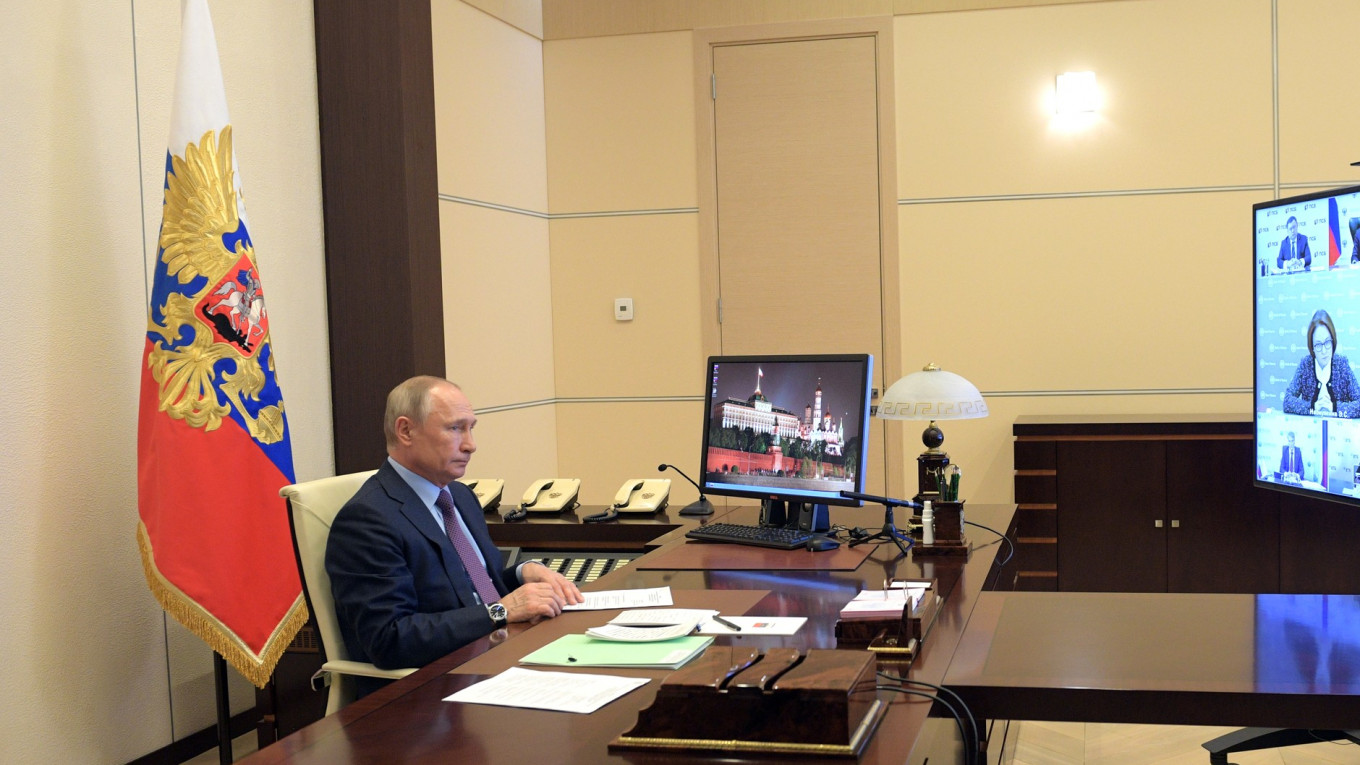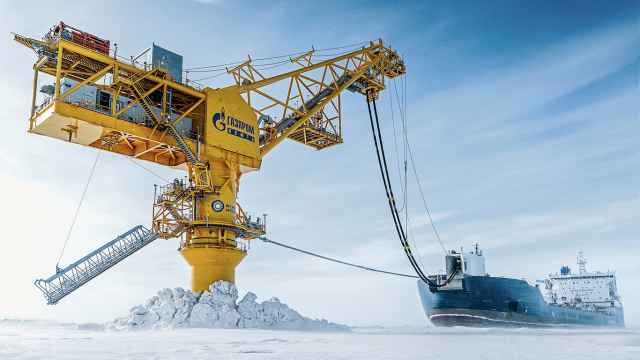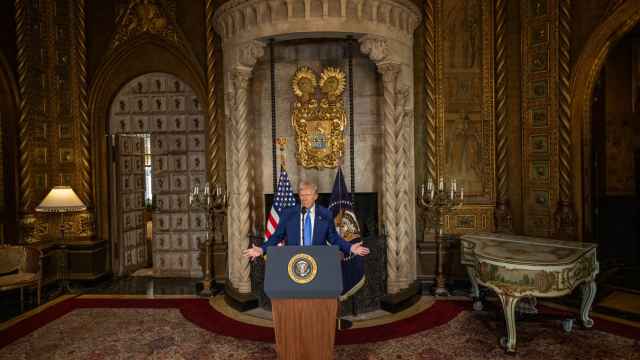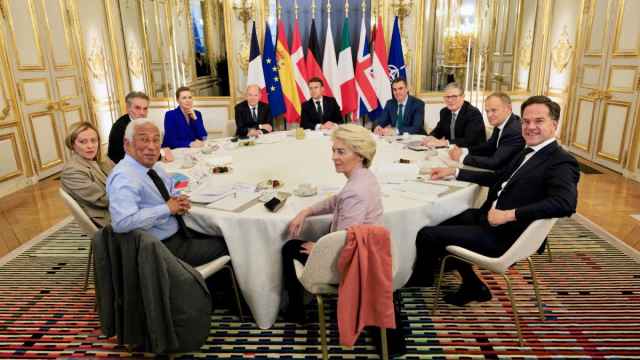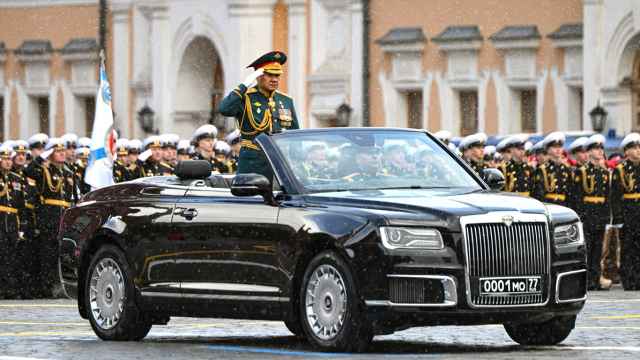Russians have little confidence in their institutions — with the exception of the president. He, alone, enjoys enough support to rally the people in support of the government’s measures against the global pandemic.
A state-run survey using closed-ended questions to measure confidence in the president conducted on April 13-19 produced both expected and unexpected results. Unsurprisingly, a majority of 69.8% of respondents answered that ‘yes,’ they had confidence in President Vladimir Putin — down only a percentage point or two from late March-early April. However, just 28.3% of Russians surveyed by the poll in March named Putin when asked to name a politician whom they trust, the lowest percentage since the pollster began asking the question in January 2006.
The surprising aspect of the poll was the revelation that confidence in the president is not growing, even during the pandemic. President Putin has made regular televised appeals to the Russian people in the desire to rally the country against the epidemiological threat, even using the collective “we” to elicit the sense of a common struggle. The television cameras also showed him allocating crisis relief funds in his role as the main distributor of wealth — a job he has long held, but for which he now commands even greater resources in coping with the pandemic.
Putin’s confidence ratings, however, not only failed to climb as they did for European leaders, but they actually began a gradual decline.
French President Emmanuel Macron held only a 29% approval rating in December 2019, according to an Ipsos poll, while 67% of the population expressly disapproved of his performance. When Macron introduced quarantine and economic assistance measures, however, his approval rating climbed to 44% by March, with the number of those who disapproved falling to 51%. A Kantar poll found his approval rating approaching 47% by April, with a nearly equal number unhappy with his performance.
Boris Johnson, prime minister of the U.K., saw his approval ratings soar by 17 points to 51% by April, according to an Ipsos poll, thereby boosting the image of his Conservative Party.
Even in Spain, that has both a high number of infections and percentage of deaths, the government’s decisive quarantine and generous economic assistance measures amounting to 200 billion euros, or approximately 20% of national GDP, coupled with leaders’ patient explanations of their efforts, improved the standing of the government and Prime Minister Pedro Sanchez. According to the Centro de Investigaciones Sociologicas, confidence in the prime minister rose from 26% in January to 39% in April while the number of those lacking confidence in him fell from 71% to 60% over the same period.
In most countries with established democracies, attitudes towards the president or prime minister were influenced not only by the decisiveness and tone of their statements concerning the struggle with the pandemic, but also by the quality and relevance of the measures they introduced.
The French government, for example, allocated 45 billion euros to businesses in March. This included deferred rent and utility payments for small businesses and a pledge to pay 84% of their former salaries to those who lost their jobs in recent months.
What’s more, the government is prepared to provide 300 billion euros in loan payment guarantees. Ipsos argues that Boris Johnson and the Conservatives are seeing their ratings improve because the government continues to keep the British public informed about the state of affairs in the country.
Every day, Johnson or a senior government official makes a public statement and answers hard-hitting questions from journalists: the prime minister and his ministers give an accounting of their actions, how exactly that is helping and what they plan to do next. This willingness to engage in open and frank conversation and acknowledge problems where they exist while taking responsibility for resolving them turns out to be a winning political strategy.
But this is not how Putin and his government have behaved and a silent majority of Russians is unhappy with them. A more demonstrative form of protest is impossible, of course, given the policing of all movements and the objective health requirements of the epidemic. A core electorate that surveys put at 30%-40% of the population — although the actual number is probably lower— is prepared to let Putin rule for life. Beyond that however, Russians are growing increasingly tired of their National Leader.
A Russian version of this article was earlier published by Vedomosti.
A Message from The Moscow Times:
Dear readers,
We are facing unprecedented challenges. Russia's Prosecutor General's Office has designated The Moscow Times as an "undesirable" organization, criminalizing our work and putting our staff at risk of prosecution. This follows our earlier unjust labeling as a "foreign agent."
These actions are direct attempts to silence independent journalism in Russia. The authorities claim our work "discredits the decisions of the Russian leadership." We see things differently: we strive to provide accurate, unbiased reporting on Russia.
We, the journalists of The Moscow Times, refuse to be silenced. But to continue our work, we need your help.
Your support, no matter how small, makes a world of difference. If you can, please support us monthly starting from just $2. It's quick to set up, and every contribution makes a significant impact.
By supporting The Moscow Times, you're defending open, independent journalism in the face of repression. Thank you for standing with us.
Remind me later.


